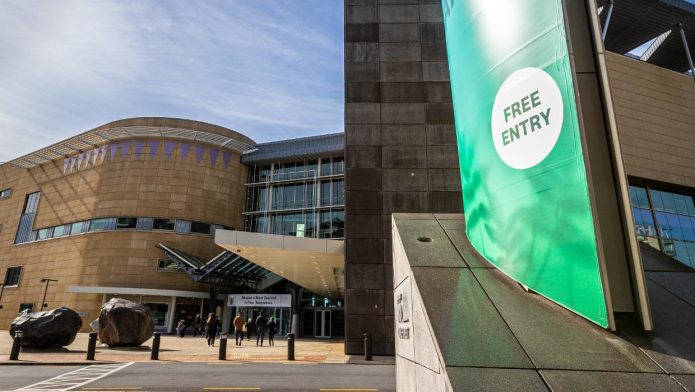PHOTO: FILE
Casinos, long heralded as dynamic catalysts for economic growth, have a profound and multifaceted influence on local real estate markets. This influence is not limited to land-based establishments, but extends to the digital gaming environment as well, creating a symbiotic relationship. This connection underscores a broader impact on local real estate, influencing property values, urban development, and the overall economic landscape of surrounding communities.
We have all seen the rise of high quality casino sites online, but that doesn’t mean that traditional land-based casinos are a thing of the past. Still, one of the most immediate impacts of casinos on local real estate is the appreciation of property values in the vicinity. The inflow of visitors and tourists drawn by casinos often leads to increased demand for housing and commercial properties. This uplift in demand can drive up property prices, benefiting homeowners and real estate investors. For instance, areas near major casinos often see a surge in real estate investments as developers anticipate the economic spillover effects generated by these entertainment hubs.
Moreover, casinos have the potential to revitalise neighbourhoods that are not thriving or are declining. Their ability to draw various supporting businesses like hotels, restaurants, retail outlets, and entertainment facilities can prompt additional real estate development. The value of commercial properties goes up as more enterprises take advantage of the constant flow of customers provided by these gaming houses while at the same time strengthening the local economy. This growth may turn them into lively economic hubs.
Local housing markets benefit from casino employment creation. Many jobs are provided for people both in the construction and operational stages of a casino; among those who can be employed include builders, hotel staff members such as managers or housekeepers, security personnel, etc. These opportunities act as an attraction point for immigrants looking for employment, thus leading to the increased need for housing, thereby spurring demand for residential properties, which eventually results in the establishment of new suburbs alongside their supporting amenities.
Another thing about casinos is that while they carry out their projects; there is a lot of money put into public works. This may involve building better highways or even buying buses so as to improve transportation systems within the area, among other things like water and electricity supply systems, for instance. Infrastructure development of this kind serves many purposes besides making such locations easily reachable, they become more attractive regarding investment potential since rates at which properties appreciate here tend to be higher than usual due to continuous upgrade facilities.
However, it’s important to note that the impact of casinos on local real estate is not universally positive. Some communities may experience increased traffic congestion, noise pollution, and a rise in social issues such as problem gambling. These negative externalities can potentially offset some of the economic benefits and may deter certain demographics from moving into the area. Additionally, the success of a casino can be highly dependent on broader economic conditions and regulatory environments, introducing an element of volatility into local real estate markets.
In conclusion, the presence of casinos can significantly influence local real estate markets through a combination of increased property values, business growth, job creation, and infrastructure improvements. While there are potential downsides, the overall effect of casinos tends to be transformative, often revitalising and energising local economies. As the trend of online casinos continues to grow, the synergy between digital and physical gaming environments will likely further amplify these impacts, shaping the future landscape of real estate in casino











